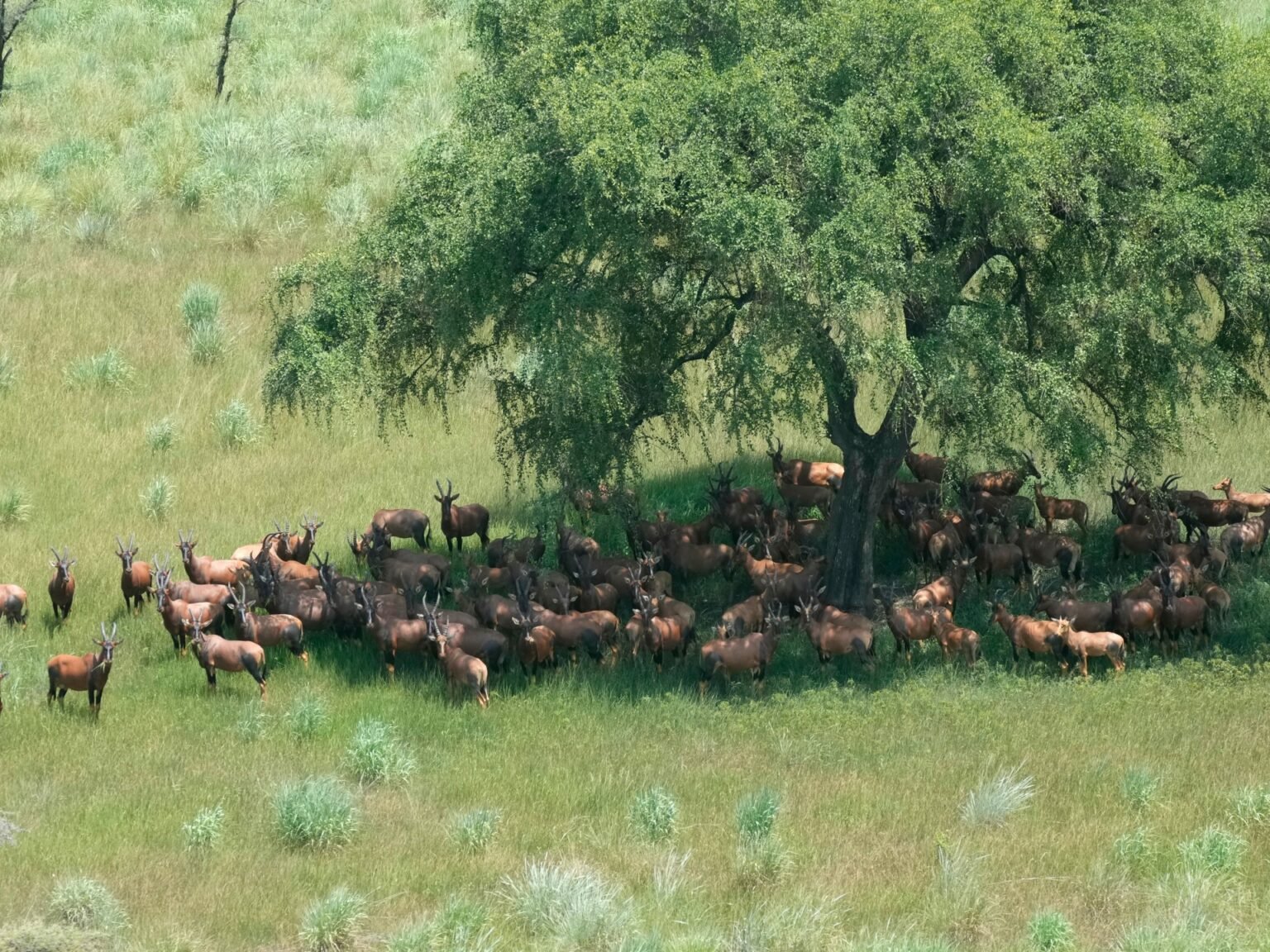In the heart of war-torn South Sudan, where poverty and hunger are rampant, the need for survival often conflicts with the preservation of wildlife. Michael Alier, a 28-year-old security guard, is forced to hunt antelope in order to feed his family of nine. Despite the dangers of poaching and the government’s attempts to crack down on it, Alier feels he has no other choice but to risk his life for food. The lush wetlands in Mading attract antelope during the wet season, making them an appealing target for hunters like Alier.
The Great Nile Migration, a twice-yearly procession of antelopes, is a spectacular event in South Sudan’s ecosystem. The antelopes follow the water from the Sudd to the Boma plateau, grazing on vegetation and spreading seeds that enrich the soil. Conservationists emphasize the importance of protecting this migration, but poverty and lack of alternative food sources drive many locals to poach wildlife. The government faces a dilemma in balancing the need for conservation with the urgent food security needs of its population.
The economic crisis in South Sudan has led to widespread poverty, with over 82 percent of the population living on less than $1.90 per day. Malnutrition is prevalent, particularly among children, and the influx of refugees from neighboring Sudan has further strained limited food resources. Displaced families like Alier’s struggle to survive, resorting to hunting for food when rations are insufficient. The government’s efforts to combat poaching and promote tourism as a source of revenue face significant challenges.
The government hopes to capitalize on South Sudan’s rich wildlife population for tourism revenue, but poaching poses a significant threat to dwindling animal populations. Poachers armed with machine guns and motorbikes are difficult to combat, and the commercial poaching of wildlife has reached unprecedented levels. Conservation organizations are working with local communities to raise awareness and encourage preservation of wildlife for future generations. Cultural practices of hunting and killing animals are deeply entrenched, making it a complex issue to address.
While conservation efforts are ongoing, the immediate need for food security often takes precedence over the preservation of wildlife in South Sudan. The government and environmentalists face the challenge of finding solutions that address both the economic realities of the population and the importance of protecting the ecosystem. Education and awareness are seen as key components of finding a balance between conservation and cultural practices related to hunting. As South Sudan grapples with these complex issues, the survival of both its people and its wildlife hangs in the balance.











